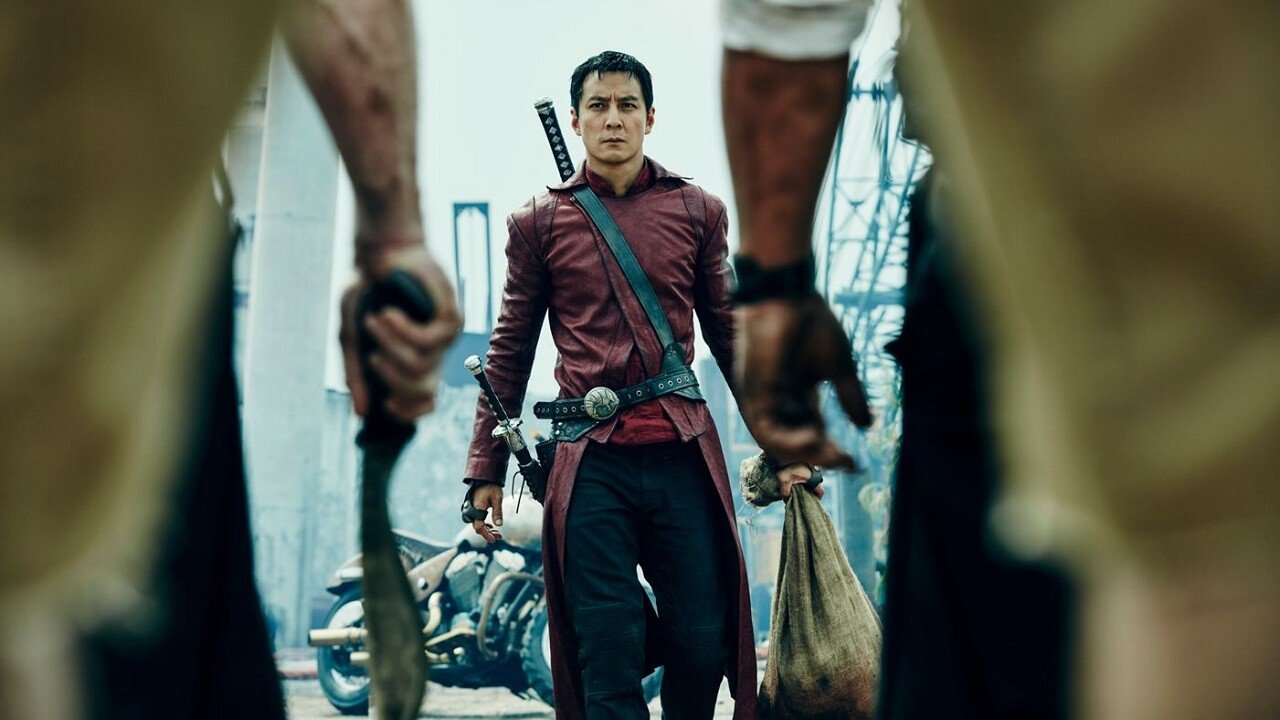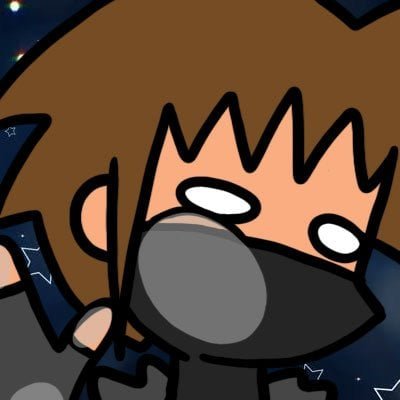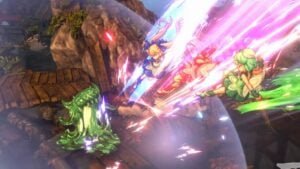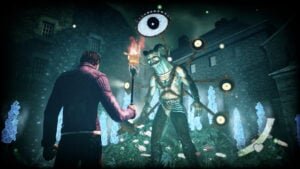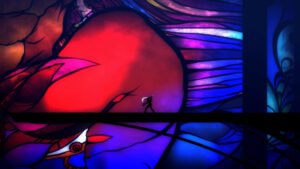CGMagazine sits down with Daniel Wu to talk training, acting, and his upcoming show, Into the Badlands.
Martial arts movies have fallen out of the sphere of pop-culture in recent years. When once, we saw offerings like Ong Bak, Romeo Must Die and The Matrix, now action movies only offer different kinds of guns and burly American soldiers shooting them. A show like Into The Badlands seemed very risky a time where it seemed everyone had forgotten about martial arts entertainment, however thanks to the shows producer and star Daniel Wu the show has an incredible amount of depth and some amazingly choreographed fights. CGMagazine sat down with Danny to discuss his training, acting and involvement with Into The Badlands.
CGM: My first question to you is: when and how did you start learning martial arts?
Danny Wu: I started learning martial arts after watching Jet Li’s first movie The Shaolin Temple. I think I was seven years old at the time and my grandfather took me to a movie theater in Chinatown. He knew that I was watching a lot of kung fu movies on television. In San Francisco, in the Bay area there was a kung fu theatre; that was like their double feature on the weekend. So he took me to The Shaolin Temple and he was like “that’s real kung fu! All the stuff you were watching before was fake, this is the real stuff”, and I totally bought into it. From that moment on I wanted to learn martial arts, and it wasn’t until I was 11 that my mom finally found a master for me to learn from. From that moment on I just never stopped training.
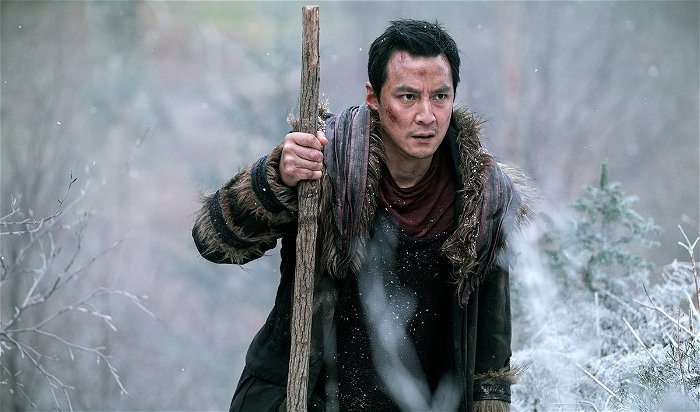
CGM: What exactly did you study?
DW: Originally, the first six years of my training was Northern style Shaolin kung fu. My teacher was an amazing guy. I called him a Chinese Renaissance man. He was a Chinese doctor; he did acupuncture and traditional Chinese medicine. He taught Tai Chi and Qigong. He was also an accomplished Chinese brush painter…he was also a lawyer. So he just had a wealth of knowledge, and for a Chinese kid growing up in America he was a real connection to my culture. So I learned A LOT.
When I got to about 17 or 18, I started wanting to compete. And he didn’t really believe in competition too much, so I switched over to Wushu. I still continued to train with him, but I was training with a lot of Wushu masters who came to the United States, then I started competing. By the time I got to university I was training myself.
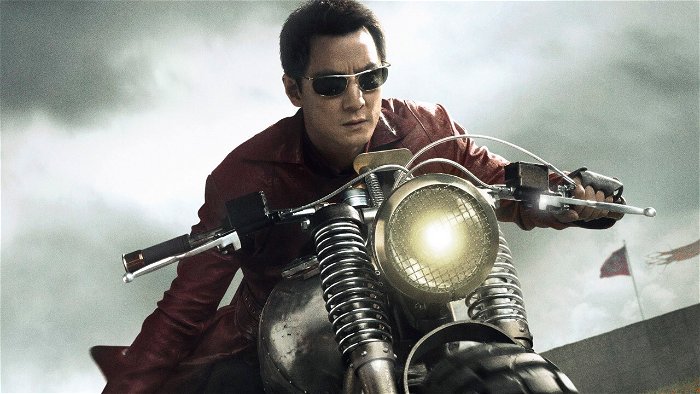
CGM: I noticed Sunny is pretty good with a sword, did you study weapon fighting as well or was it mainly hand-to-hand?
DW: I mostly learned formwork; in karate they call it Katas, in Chinese martial arts they’re called forms. In competition, it’s kind of like a gymnastics routine. Each style of kung fu has its own specific form and you’re judged on that. I did sparring as well, but I didn’t focus too much on that when I was younger. That stuff is actually good specifically for movie work because it’s all about how you present your style.
CGM: Do you think you’ve developed your own specific style, or have you mostly perfected all the individual forms?
DW: I think I try to use Bruce Lee’s philosophy that you shouldn’t be held back by a single style, you should use what works best for you. In formwork it’s different because that’s about preservation of the style, but in terms of fighting, if you stick to one style of fighting it’s very limiting for you. The advent of MMA was teaching people to be more well rounded fighters. Over the years, especially the past ten years I’ve been trying to learn other styles of martial arts and pick and choose different moves to sort-of, I wouldn’t say “create” my own style; I’m putting a bunch of tools in my toolbox, essentially.
CGM: What then, made you decide to be an actor?
DW: Well that’s a whole different story. I graduated University in 1997; I studied architecture. During the five years of the program I had slowly begun to realize that the profession of architect was not for me. Mainly because school is 90 per cent creative, but the actual job is like, two per cent creative, and so I wanted to maintain that creativity and be in an environment that had a creative energy but I didn’t know what that was yet.
I graduated, and I went to Hong Kong to see the handover, you know, going back to China after being under British rule for 99 years. Then I was going to backpack around Asia for three months, figure out what I was going to do then head back to the US to look for a job. Halfway through that trip I had run out of money, was thinking about heading home, then one night I was at a bar with some friends and some girl approached me and asked if I wanted to be in a TV commercial. I said “does it pay?” And she said “Sure it’sabout $4,000 US,” and I was like “What! $4,000? For sure, I’ll do it.”
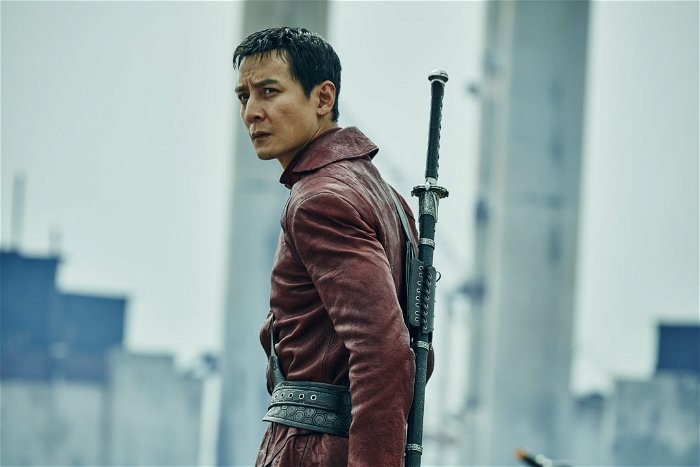
I did the job, didn’t really think much about it and kept traveling. Then a month later, a director had seen the commercial and he called me to come in for an interview. We chatted for about an hour, and at the end he said, “I want you to be the lead in my movie.” And I was like what? What are you talking about? I had no acting experience, and I didn’t speak Cantonese at the time; the film was in Cantonese. So I actually turned it down, and for a month he called me every day trying to convince me to do it. By the end of it I said “Look, if you really believe in me then I’ll do it. But you can’t blame me for fucking it up.”
We had three months of prep, I was trying to realize what the craft of acting was, as well as trying to memorize dialogue in a language that wasn’t my own. Then we started filming, and the first day on set I knew this was the environment I wanted to be in. Because it was like, 60 or 70 different people, from all different walks of life, passionately working to get this one thing done. I just love that feeling. So I was like, “Ok, I’m going to whatever I can to make this my career.”
Unfortunately I had to learn my craft as I went. You know, as I made each movie you can see me trying to learn how to act. But eventually I figured it out. Let’s just say, it wasn’t a path I planned out, it just sort of happened.
CGM: So what made you decide to take the leap from acting to directing and producing?
DW: I think it was because I had been in a lot of movies; I had seen the ins and outs. I always sat next to the director and watched how the process was done. I had always been interested in how problems arose on set and how they were solved. I think it came from my architecture background, and how you sort of, put things together. By my 20th movie, I had absorbed and learned A LOT.
Then there was a small independent film that someone brought me on as lead actor in, but also created opportunities for me to be a producer and bring other people in and do a lot to help the movie. And then every couple of years I would produce something, or I would try to get spearheaded, that I thought was interesting. I think that’s what really drove me to do it, thinking “This movie’s really interesting, no one’s really doing anything like this, and I want to do stuff like this so the only way to get it done is to produce it.”
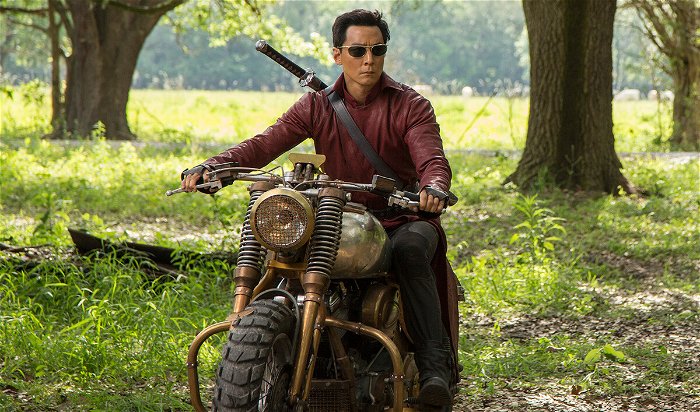
CGM: What about Into the Badlands drew you towards that project?
DW: Well I was originally brought on strictly as executive producer to deal with the martial arts side of the show. Stacey Sher, our executive producer (she led the whole team and got the deal with AMC and all that) brought me on because AMC wanted to do a martial arts show and didn’t know anything about martials arts and she asked if I could help do it. I said of course. And that was mainly my duty at first.
When it came down to casting, I hadn’t put myself forward to play Sunny because as an executive producer I was like, “We should probably get someone who is in his late 20’s, early 30’s because the amount of fights Sunny does in the show is incredible. And if the show is successful, this could go on for years so this dude needs to be a top form athlete to hold on for that many years.” I didn’t see myself in that role because I was already 40, and I was looking at it like I was at the end of my career doing martial arts stuff. I had already stopped doing martial arts films in Hong Kong for five or six years because of injuries and various other stuff. I was thinking, if I keep doing this how am I going to live a life in pain all the time? Jackie Chan was my manager for 11 years, and I’ve seen the pain that he’s in, and I didn’t want to end up that way. All the money in the world isn’t worth that.
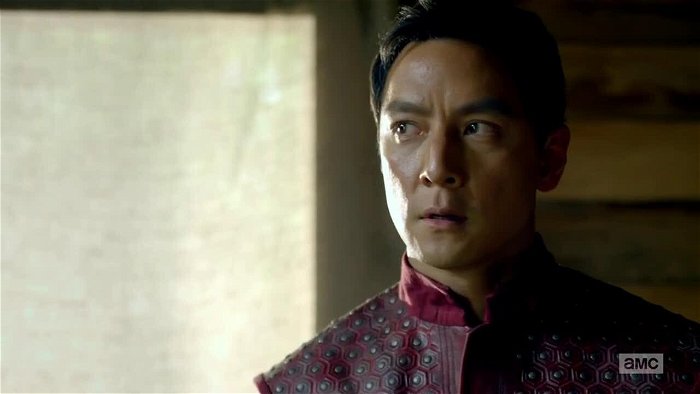 So they went out and casted the age group that we thought they should, and we either got really great martial artists who didn’t have any acting ability, or really great actors that didn’t have any martial arts experience. We had a handful of people who had both, but for some reason or another they didn’t really fit the bill. At the end of the day all the producers looked at me and said “Daniel, you know you gotta do it.” So I said, “Ok, let me figure out how I’m going to train for this, because it’s been a while!” So I consulted friends who are in this genre and talked to a bunch of people about how to train because it was kind of like Kobe or Jordan coming back from retirement going “Okay, how am I going to do this at this age and perform at that level again?” I submitted myself for an audition—I wanted to make sure I auditioned so I deserved it—and AMC saw that they were confident in me and not just hand it to me because I’m a producer.
So they went out and casted the age group that we thought they should, and we either got really great martial artists who didn’t have any acting ability, or really great actors that didn’t have any martial arts experience. We had a handful of people who had both, but for some reason or another they didn’t really fit the bill. At the end of the day all the producers looked at me and said “Daniel, you know you gotta do it.” So I said, “Ok, let me figure out how I’m going to train for this, because it’s been a while!” So I consulted friends who are in this genre and talked to a bunch of people about how to train because it was kind of like Kobe or Jordan coming back from retirement going “Okay, how am I going to do this at this age and perform at that level again?” I submitted myself for an audition—I wanted to make sure I auditioned so I deserved it—and AMC saw that they were confident in me and not just hand it to me because I’m a producer.
CGM: Do you feel you connect with Sunny as a character? Not being sure of what you wanted and sort-of amassing the tools to figure it out?
DW: I definitely think it was an influence, but I think that my approach was much different in that I was never bound by any kind of rules. I could actually discuss how I’m feeling or what I wanted to learn. What’s sad about Sunny’s situation is that he has to figure everything out on his own. He has no one to confide in. Even Veil, he doesn’t want to discuss it too much with her because the more she knows, the more danger she could be in. He’s really got to figure this whole thing on his own, and I think that’s the biggest challenge of this role. You have to express that in that character but without any dialogue, without any scenes with him saying how he’s truly worried about. Whereas with my path in life, I’ve always had mentors, and people I could look to and talk to and figure things out. I think it’s similar in some ways, but not entirely.
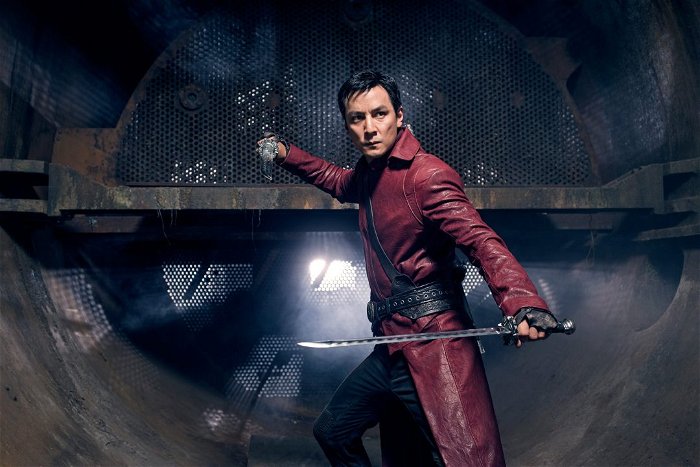
CGM: My last question to you regards the Warcraft movie. What can you tell me about that experience? Were you excited to play Gul’Dan? Are you a big Warcraft player?
DW: I’ll say this, the whole reason I’m in the movie is because my wife is, still now, a huge Warcraft player. So as soon as she found out I got that audition she was very adamant that I made sure I got that job so she could be on set and see all that stuff.
It was awesome playing Gul’Dan. Just the experience of doing motion-capture, it was the first time I’d ever done that before. It was the same team that did Avatar but it’s been 10 years, so the technology has moved on logarithmically since then. The level of detail and what they can do, that was amazing to see that. I’m really excited for that to come out.
Editors Note: Into the Badlands has been renewed for a second season.
